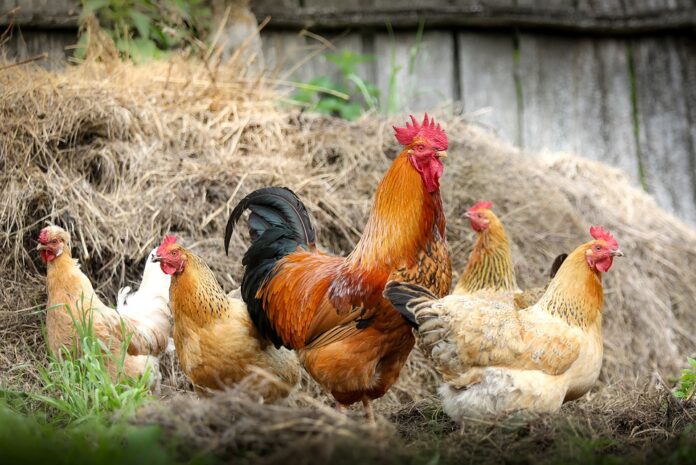Successful poultry farmers may have vastly different management styles. Some may hatch their own birds, while others may order from a hatchery or buy from a breeder. Others will free range their hens,while others–just as successful–may provide confined range. Some add supplemental light in during the cold weather, while others let their chicken experience the natural cycle of light and darkness. Some may keep all one breed, while others keep many different breeds.
Even though management styles and preferences can differ considerably, there are four habits that successful small poultry farmers all seem to have in common:
1. The good habit of advance preparation
Before making any move to purchase or acquire chickens, you’ll want to have everything on hand before you need to use it. For instance, successful poultry farmers may have their cockerels prepared before they place an order for chicks, or visit a local feed store to acquire them. The reason is simple: they don’t want to find that they have a large number of baby chicks before they have their feed or their heat lamp. They don’t want a group of almost fully grown chickens–and no house to move them to.
2. They’re in the habit of planning for contingencies.
Making plans for a new flock can be fun, but dealing with what happens when things don’t go according to plan is much less so. For instance, what happens if your baby chicks are safe and sound in their awesome new house at the perfect temperature with their heat lamp but the power goes out? What happens if you hatch eggs at home for your new laying flock but you end up hatching mostly males? Being a successful small flock owner doesn’t mean that everything always goes according to plan. It does mean being prepared when plans don’t work out. It simply means being prepared for the worst that can happen
3. Plenty of space– good habit of keeping that space clean and tidy
Some people want to regard chickens simply as little egg factories, just inanimate objects ready for exploitation. They’re not that, they’re living, breathing creatures and they have preferences. Healthy chickens lay better–and more–eggs. A chicken that is stressed or ill from overcrowding and dirty conditions is more likely to lay fewer eggs–and more likely to get ill–than chickens kept in sanitary, spacious environments.
Even in the very best of small flock conditions, your chickens can get thrown off laying for a few days by the stress . Chickens are creatures of habit themselves, that don’t always like change. Something as a new, unfamiliar feeder or even hose cleaning can cause them to be upset. You can’t avoid every stress but you can be understanding of what makes them comfortable or uncomfortable, and do your best to give them plenty of clean space that will keep them happy, healthy and low in stress.
4. Best nutrition for their flock
Chickens need a lot of protein, in addition to a good balance of vitamins and minerals, to be healthy and lay well. For most successful poultry farmers a simple commercial layer feed is the answer. Organic feed is even better. Then, the chicken owners also have some access to pasture or the outdoors, where the chickens can forage on grass,worms and insects that they have found for themselves. For those whose chicken don’t have access to a yard, a healthy feed like chicken feed from the chicken food shops can be a great supplement.
If you want to start or you have already started out as poultry farmer,just use these habits and you will be good to go.








